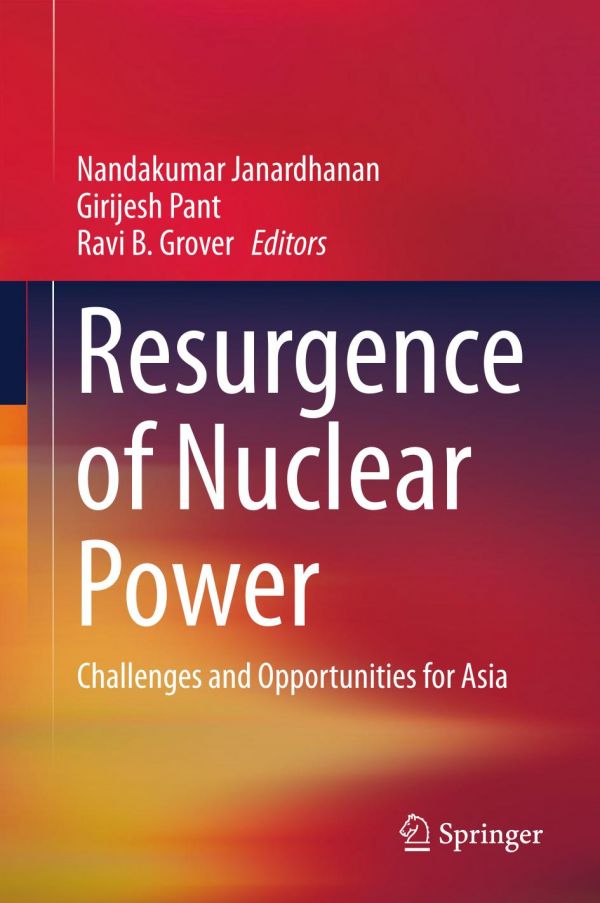

Most ebook files are in PDF format, so you can easily read them using various software such as Foxit Reader or directly on the Google Chrome browser.
Some ebook files are released by publishers in other formats such as .awz, .mobi, .epub, .fb2, etc. You may need to install specific software to read these formats on mobile/PC, such as Calibre.
Please read the tutorial at this link: https://ebookbell.com/faq
We offer FREE conversion to the popular formats you request; however, this may take some time. Therefore, right after payment, please email us, and we will try to provide the service as quickly as possible.
For some exceptional file formats or broken links (if any), please refrain from opening any disputes. Instead, email us first, and we will try to assist within a maximum of 6 hours.
EbookBell Team

4.0
86 reviewsThis book focuses on the issue of ‘resurgence of nuclear power’ and discusses the feasibility of nuclear in the energy mix of Asian economies. It discusses nuclear energy sector in detail in the context of India, a country where currently overseas supply of hydrocarbon fuels plays a major role in meeting the domestic energy needs. The book presents an in-depth analysis of nuclear energy policy as well as regional and global politics surrounding the nuclear industry, and the relevance of nuclear energy from the low-carbon energy perspective. To do so, it explores three different perspectives.
To start with, the resurgence of nuclear power is discussed from a global energy perspective to understand whether and how it has been increasingly gaining policy attention among Asian economies. Secondly, it highlights the role of nuclear power in Asia and examines how the collaboration with the global nuclear sector is influencing that role. While the epicentre of nuclear power growth can be seen shifting to the Global East, there is a growing need for strengthening the industry, its legal and regulatory infrastructure and knowledge management. The third perspective focuses on the challenges and opportunities for the nuclear power industry and explores, to what extent the public perception is in favor of nuclear sector in the region. The perceived risks of nuclear power, public perception related to legal and regulatory issues, and concerns regarding land acquisition for nuclear facilities are also discussed. The book contains contributions from specialists in the global energy and nuclear sector, and examines some of the most sought-after topics related to the energy policy studies, especially in the Asian context.